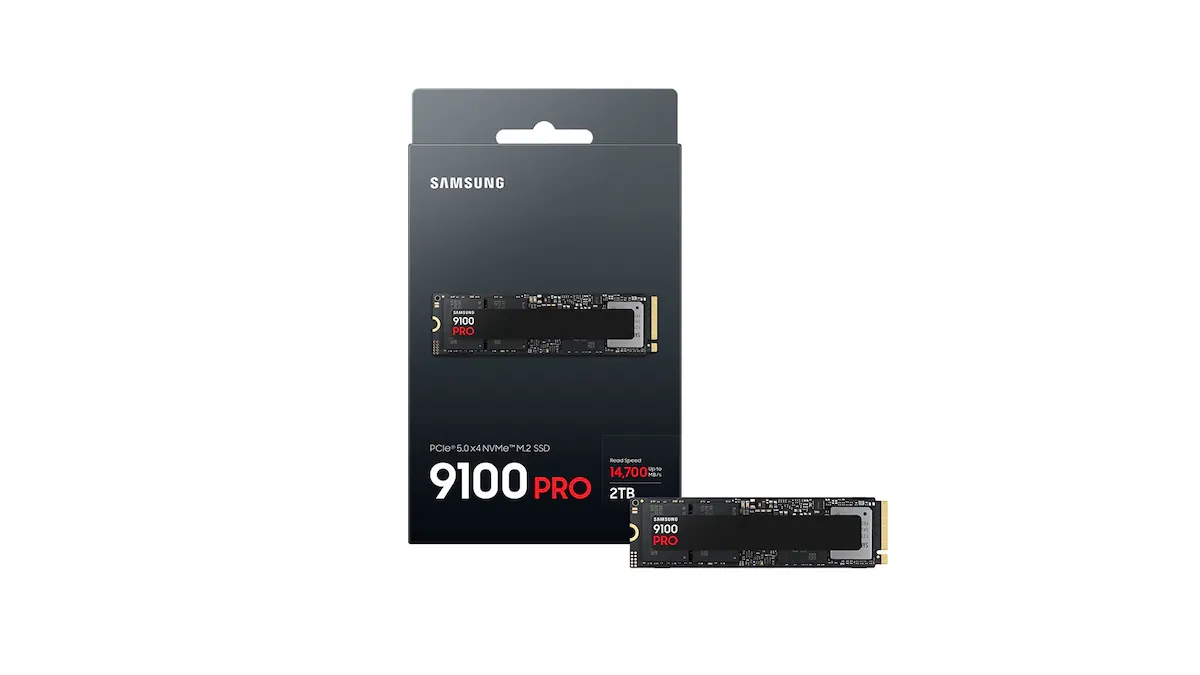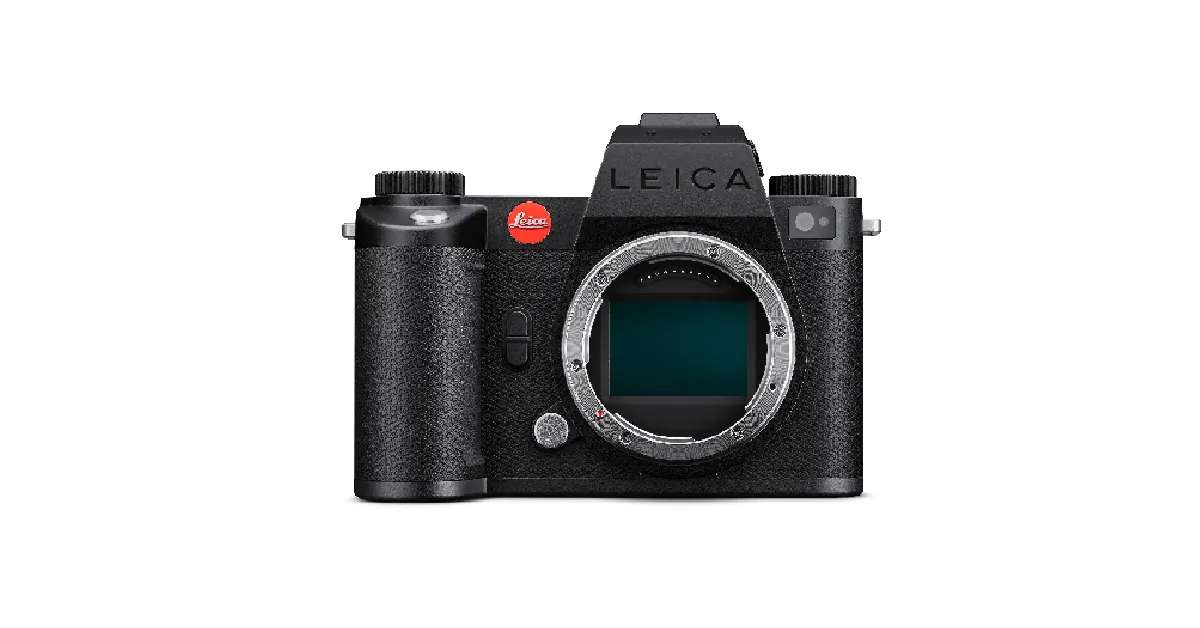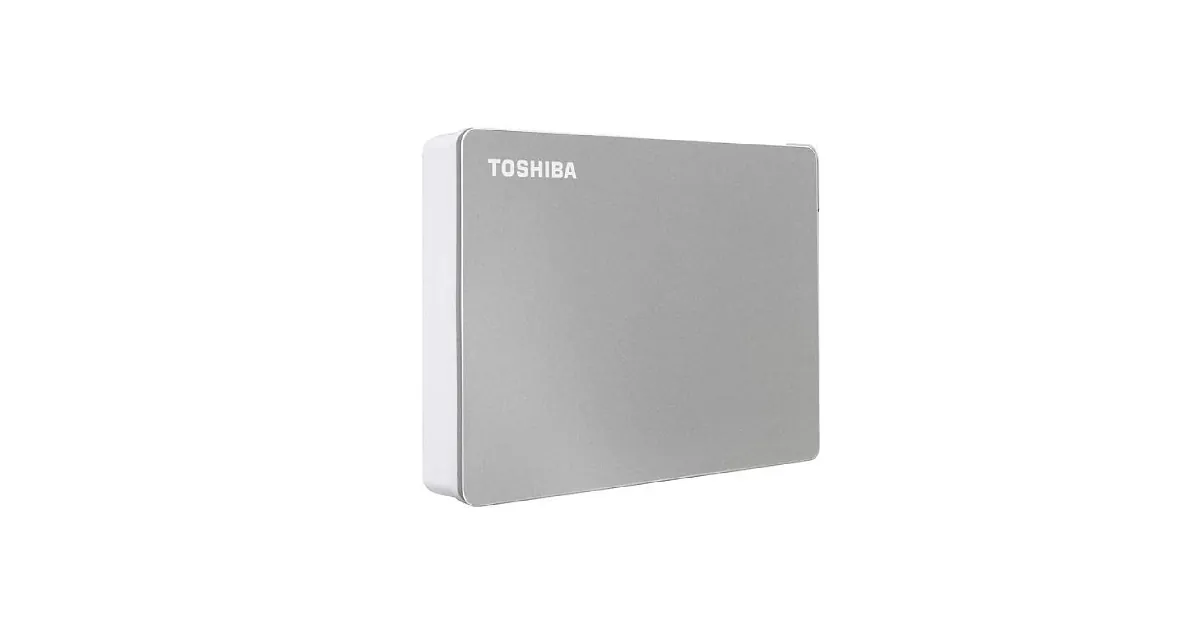The Kingston XS1000 External SSD isn’t remarkably new. Its absence of hardware encryption or USB-A cable weakens the business user idea. It performs acceptably and offers a 5-year warranty, suitable for those replacing SanDisk drives.
NewForTech Opinion:
Advantages:
- Portable
- 1050MB/s read speeds
- 5-year warranty
- Affordable
Disadvantages:
- No 4TB choice
- No hardware encryption
- No software bundle
Kingston XS1000 External USB SSD
In early 2022, Kingston introduced the XS2000, a small external USB SSD that supported USB 3.2 Gen 2×2 protocol and achieved speeds of up to 2,000MB/s.
What was absent was an affordable Gen 2 option with 1,000MB/s transfers, and naturally, that’s where the XS1000 comes in.
Arriving 18 months later, the story behind it remains known only to Kingston insiders, but now the XS1000 is available.

The delay brought us an identical-looking enclosure in black, housing a Gen 2 drive with 1TB or 2TB capacities, backed by the same 5-year warranty.
Measuring just 7cm and weighing 28.7g, the XS1000 fits easily in your pocket and can work with computers or mobile devices featuring USB Type-A ports. It also plugs into USB-C ports if you have a compatible cable.
What’s lacking compared to the XS2000 package is the rubber sleeve and any mention of the IP55 rating.
Two drawbacks stand out: it lacks hardware encryption, unlike competitors SanDisk and Crucial, potentially a concern for business users; additionally, it maxes out at 2TB, while competitors now offer 4TB options.
Setting aside these points, the XS1000 offers a functional design at a lower cost than the XS2000, in capacities Kingston has a reputation for quality production.
KINGSTON XS1000: Pricing and Availability
How much? $73.16-$116.34/£58.08-£96.12/€78.55-€119.34.
When? Starting to become available now.
Where? Direct from Kingston or online retailers like Amazon.
KINGSTON XS1000 Specs
This is the Kingston XS1000 configuration for review:
Interface: USB 3.2 Gen 2
Speed: 1,050MB/s read, 1,000MB/s write
Capacities: 1TB, 2TB
Dimensions: 69.54 x 32.58 x 13.5mm
Weight: 28.7g
Casing: Metal + plastic
Operating temp: 0°C~40°C
Storage temp: -20°C~85°C
Warranty: 5-year limited warranty with free technical support
Compatible OS: Windows® 11, 10, macOS (v.10.15.x +), Linux (v. 4.4.x +), Chrome OS™

Kingston doesn’t show in XS1000 pricing the vast US-Europe cost difference seen in Crucial and Western Digital.
Wherever you buy XS1000, considering exchange rates, it’s roughly the same cost.
However, this isn’t the cheapest 1TB or 2TB drive with similar performance. Corsair’s EX100U is cheaper, but the real rival is Crucial X8, with the 1TB model at $69.99.
X8 offers both USB-A and USB-C support, and its metal build adds robustness, despite a 3-year warranty.
Crucial’s newer X9 Pro and Sandisk Extreme Pro are pricier.
So, the XS1000 isn’t the cheapest 1TB/2TB fast storage, but far from the priciest.
The major concern for Kingston XS1000 is Crucial drives (X6, X6, X9 Pro, X10 Pro), all with 4TB. WD My Passport, Samsung T7 Shield, SanDisk Extreme, and Sabrent External SSD also offer 4TB.
For those unsure, check our best portable SSD buying guide.
KINGSTON XS1000: Design
Not much new outside for XS1000, much like XS2000 – they’re identical in build.
Except for color (XS2000 was silver), the shape and layout remain unchanged. It’s a plastic rectangle, around 7cm long, 3cm wide, and 1.5cm deep. One end houses a USB-C port, along with an activity LED.
Inside simple packaging: XS1000, a 29cm USB-C to USB-A cable. No USB-C to USB-C cable or adapter. Notes are printed on the box, not on a paper slip.
XS1000 is small, under 30g, and ultra-pocketable regardless of pocket size.
In short, the XS1000 mirrors the XS2000’s look, just in silver.
KINGSTON XS1000: Benchmark
The highest USB 3.2 Gen 2 drive speed depends on the interface bandwidth, typically 1050MB/s for reading and writing.
Kingston achieved around 1054MB/s read and slightly under 970MB/s write using the CrystalDiskMark 8.0.4 default profile.
Real-world figures from AS SSD, AJA, and ATTO show about 900MB/s reads and 820MB/s writes, respectable.
This drive shines in long writing sessions. Under AJA System Test, it maintained 871MB/s writing a 64GB file without a drop-off.
For backing up computer files, XS1000 suits most systems, delivering solid speeds for Gen 2 ports. Gen 1 ports work, but performance might hover closer to 500MB/s.
Two key weaknesses: first, no hardware encryption. While software encryption like Microsoft BitLocker can work, it requires software on all machines to unlock the encrypted volume.
Crucial’s X9 Pro and X10 Pro, plus SanDisk Extreme Pro, offer hardware encryption.
Second, compared to rivals, the XS1000 lacks supporting software. Kingston’s sole tool is Kingston SSD Manager, which shows drive wear, errors, and firmware patches.
For live backups, while working, it disappoints. Unlike Crucial and WD, Kingston lacks backup tools.
Considering competitors’ offerings, Kingston’s lack of backup tools is unfortunate.

KINGSTON XS1000: Benchmark
| Test | Read (MBps) | Write (MBps) |
|---|---|---|
| AJA | 945 | 855 |
| CDM Default | 1054 | 971 |
| CDM Real World | 892 | 821 |
| ATTO | 1006 | 929 |
| AS SSD | 956 | 882 |
Odd Timing for XS1000 Arrival
Strangely, the XS1000 arrives so late after the XS2000, almost the same but without USB 3.2 Gen 2×2.
We’re clueless about the 18-month gap since XS2000 or the XS1000’s delayed launch.
Recently, lower NAND flash prices caused a rush for affordable 1TB/2TB drives; most brands dropped smaller sizes.
Corsair and lesser-known names offer cheap, limited-warranty options. On the higher side, Kingston and others push USB 3.2 Gen 2×2, aiming before USB 4.0.
Against this backdrop, the XS1000 appears out of sync, competing with 2019’s Crucial X8. Crucially, 1TB X8 is $15 cheaper and includes an adapter for USB-A and USB-C.
As the market focuses on price, XS1000 lacks hardware encryption and value-add software. Kingston faces challenges convincing businesses to choose it over alternatives.

Consider Buying if…
- You prefer traveling light.
- XS1000’s small size suits those on the go, avoiding equipment weight issues.
- You prioritize reliability.
- Simple and compatible with most systems, XS1000 lets you connect to others and access stored contents.
- A five-year warranty suggests the SSD inside should be dependable, though recent SanDisk events remind us of storage uncertainties.
Avoid Buying if…
- You require hardware encryption.
- This drive offers software protection but not hardware encryption. Seek Crucial X9 Pro for that in a similar form factor.
- You need 4TB.
- Many major external SSD brands now offer 4TB, and some plan 8TB soon. XS1000’s 2TB maximum capacity falls short, a limitation Kingston should address for higher capacity needs.





